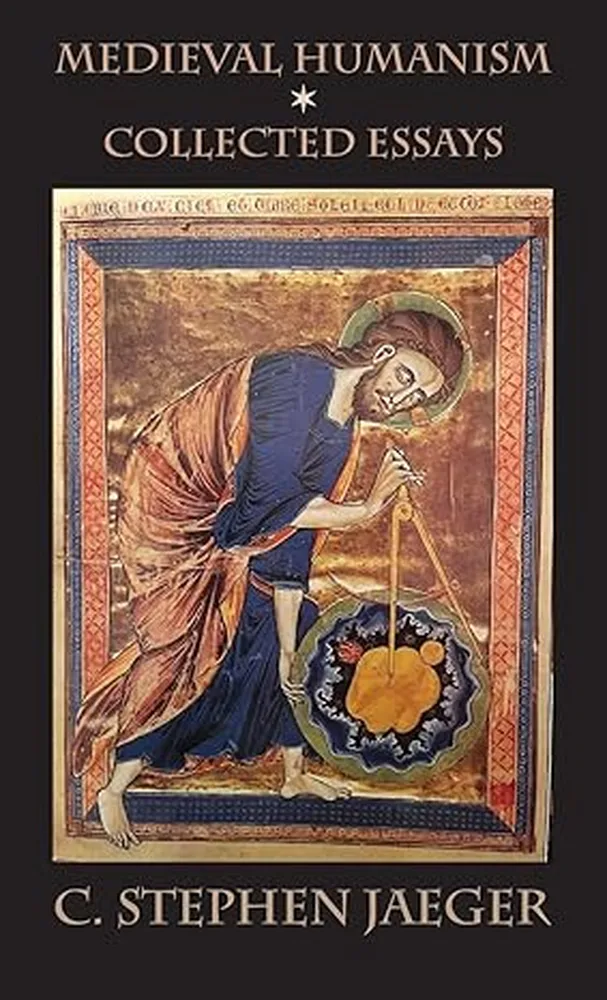
The worldly culture of northern Europe in the two centuries between the end of the Carolingian Empire and the “renaissance of the twelfth century” is, in the words of Claudio Leonardi, an “age without a name.” The difficulty of naming the period might be a lack of coherence among its parts and, at the same time, a lack of conceptual apparatus for formulating a synthesis. C. Stephen Jaeger argues that such a synthesis of culture from 950 to 1150 emerges from the humanism of the early cathedral schools that proliferated from the second half of the tenth century and from the educational innovations closely tied to the rule of Emperor Otto 1, the Great. Its thought and teaching takes its character from the fusion of ancient Roman philosophy and ethical ideals with Christian teachings. Its influence in church and imperial administration is as profound as it is in philosophy, literary style, and social mores. A humanist educated class emerges from these schools that reaches deep into clerical, monastic, and worldly spheres. The poetry, art, architecture, philosophy, and moral teaching of the age, its educational, aesthetic, social, spiritual, and political ideals are embedded in a shared cultural matrix in which the literature of classical antiquity — and those who taught it — played an important part. The related threads of that culture — whether German, French, or English — emerge when we see the shared educational and social values nurtured in this matrix. This volume takes us into the heart of clerical and cathedral-school humanism. It argues for a unified culture undergirded by Christian-humanistic ideals. Jaeger demonstrates that the worldly Latin culture of this period is the first phase of post-classical humanism in the West. Brun of Cologne, Gerbert of Aurillac, Meinhard of Bamberg, Hildebert of Lavardin, Muriel of Wilton, John of Salisbury, the Victorines, Alan of Lille, and Gottfried’s Isolde take their place in his wide-ranging synthesis. These collected essays, some first published here, summarize the past fifty years of Jaeger’s work and thought. Its introduction, revisions, and updates also incorporate other scholars’ research over the past half-century, remove the archival character of standard “collected essays,” and produce a fresh reinvisioning of European cultural history. These chapters also speak to our own age of rapidly changing cultural and educational values. Preface, introduction, comprehensive bibliography, notes, index. 510 pages.
Purchase your copy: Medieval Humanism: Collected Essays | C. Stephen Jaeger, author | Italica Press